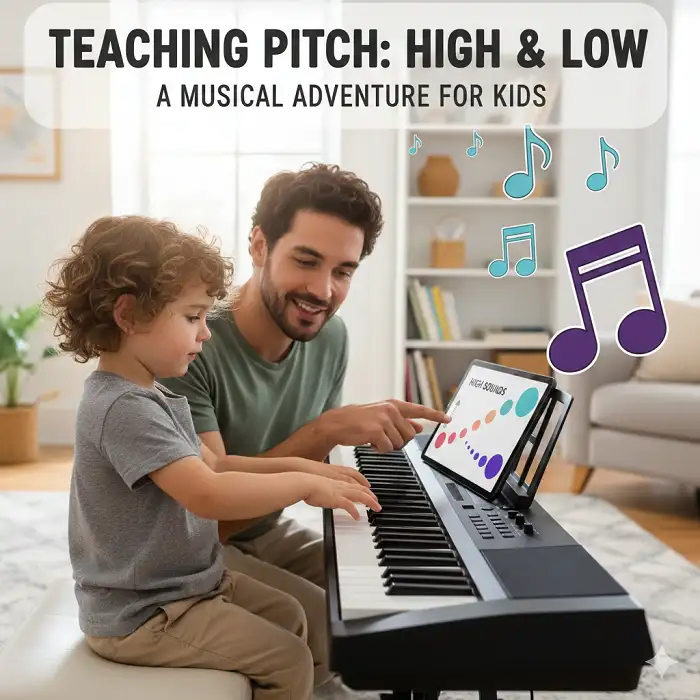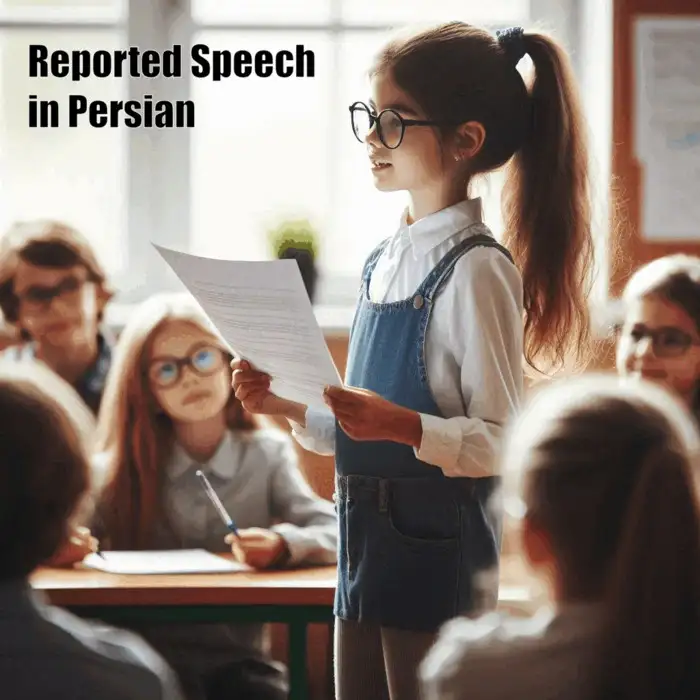English Conjunctions and Their Functions English Conjunctions and Their Functions What are conjunctions? English conjunctions are words or sets of words that are used to join sentences or parts of sentences smoothly together. If you plan to write English essays, you need to know how to use conjunctions effectively. There are three types of conjunctions in the English language that will be explained below. Coordinating Conjunctions There are only seven coordinating conjunctions in English, and you can memorize them easily with the help of this simple acronym (FANBOYS) standing for: for, and, nor, but, or, yet, and so. Bear in ...
Home » English Grammar Lessons with Videos » English Conjunctions

English Conjunctions
Updated: by Dr. Mohammad Hossein Hariri Asl
Time to Read: 32 minutes | 410 Views | 2 Comments on English Conjunctions
Share This Post
About the Author
Dr. Mohammad Hossein Hariri Asl is an English and Persian instructor, educator, researcher, inventor, published author, blogger, SEO expert, website developer, entrepreneur, and the creator of LELB Society. He's got a PhD in TEFL (Teaching English as a Foreign Language).
Number of Posts: 4243



Thank you so much for the beneficial points.
You’re quite welcome. I’m glad you’ve found it useful.